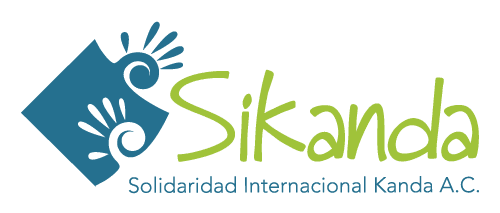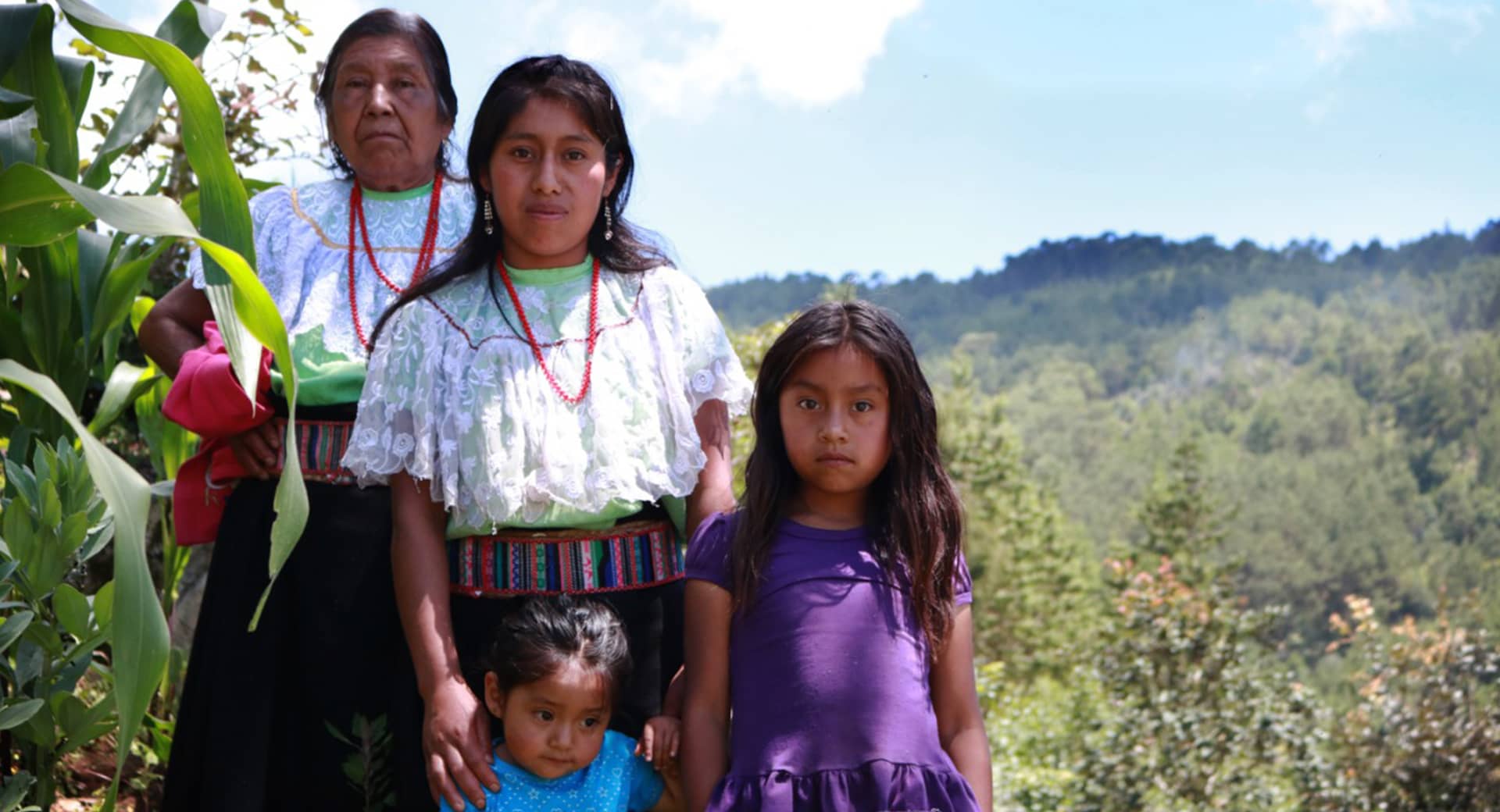EQUAL’s Theory of Change includes five domains that require change to achieve greater gender equality and the empowerment of women and girls.
Those five domains are: access, decision-making, participation, systems, and well-being.
ACCESS | The ability to access, use, control and / or own assets, resources,
opportunities, services, benefits, infrastructure.
DECISION MAKING | The ability to make decisions free of coercion at the individual, family, community and social level.
PARTICIPATION | The level of involvement in social issues and power systems that influence and determine the development of communities.
SYSTEMS | Inclusive systems that promote equity, consider the different needs of vulnerable populations, and create enabling environments for their participation.
WELLNESS | Agency, ability, and status, in relation to trust, dignity, sense of worth, security, health, and overall physical, emotional, psychological, and spiritual well-being.
This perspective applies to the EQUAL project, IF …
- Women, adolescents, men and children have equal access, decision-making, respect and participation at the individual, family, community and social level;
- The most vulnerable women and adolescents have improved their well-being through life skills training, technical vocational training and support for education, employment or entrepreneurship opportunities; AND
- Public and private sector systems are (1) equitable, fair, and inclusive for the protection and economic participation of women and adolescent girls; and (2) strengthened to implement mechanisms that identify violations of labor rights and guarantee the follow-up of cases;
WITH WHICH…
- Women and adolescent girls have the economic and social power to mobilize, have a voice and reach their maximum potential;
- Households have equity, justice, shared responsibility and relationships balanced;
- Communities participate in collective actions, mobilization and resilience towards the protection and economic participation of women and adolescents; AND
- Public and private sector systems undergo transformative changes to protect and promote gender equality and the fulfillment of labor rights.
Training and empowerment
- Women and girls receive trainings and workshops to improve their agency capacity.
- Specific life skills will include topics such as communication, negotiation / defense of rights, among other soft skills.
- Livelihood training would include topics related to job search, savings groups, challenging gender norms in the workplace, life planning and other forms of job readiness.
- Women and adolescent girls receive support from the project to seek educational, entrepreneurial or employment opportunities.
- Those in education or employment receive vocational or technical training.
Those in entrepreneurship receive training, form groups that become small businesses and receive seed capital support.
- Communities are sensitized and mobilized to promote gender equality and the economic and social empowerment of women and girls.
- Men and boys in the communities receive gender training to address their attitudes, beliefs and practices about the role of women and adolescent girls at work and at home.
- The community receives training from Citizenship, Voice and Action from World Vision to educate them on the rights and vulnerabilities of women and adolescents, and empower them with tools to create action plans that influence the attention to gender and security problems that exist in the home, community and society.
- Improved practices by government and private sector actors to increase economic opportunities for women and girls of legal working age and reduce their vulnerability to child labor, forced labor and other labor rights violations, including OSH violations within the agricultural sector.






